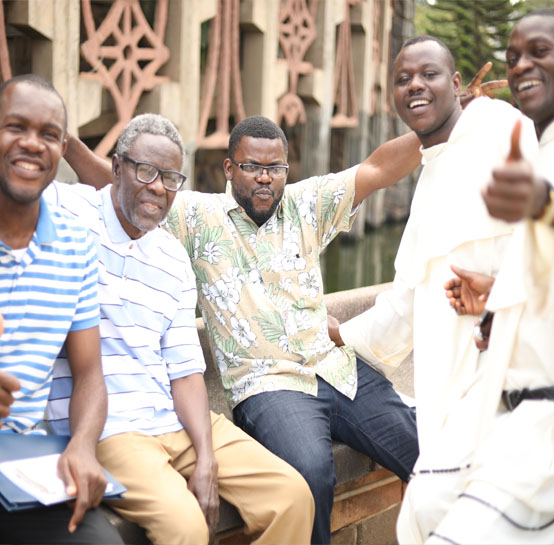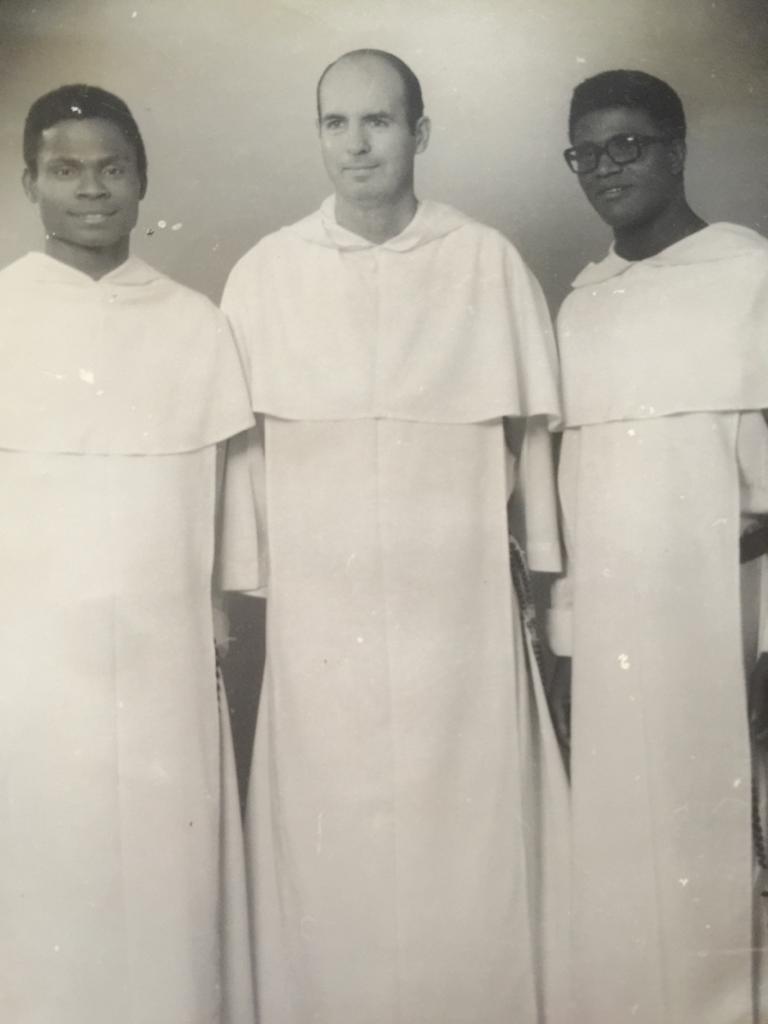The most important question we need to ask ourselves is: how best are we to love God above all things and how best are we to love our neighbor in our community life and apostolic life?The question goes to the very heart of our Christain vocation: How do I love? how do we love? Every other question is secondary and must be related to this primary question.
A Hymn of Praise to God
Music they say is the language of the soul. This dictum can be said to be very true because when sometimes we want to express the inner movement of our souls, we often express them in songs. Such movement can be sorrow, love, joy, gratitude and so on. We usually find appropriate songs with which to express ourselves. Notice how it is not said that music is the language of the body, but music is the language of the soul. Aquinas defines the soul as the animating principle of the human person. It is immortal. And so, it is from this deep recesses of the human person, the soul, that music often flows. Hence, with this beautiful language, we often sing to God. The soul is immortal. Music is its language. God is immortal. And so, when we break forth into song, immortality sings to immortality. And an immortal communication is born. This evening, St. Paul understands the logic of music as the language of the soul. Specifically, in our reading this evening St. Paul sings a song of praise to God. He sings in wonder and gratitude at the boundless providence of God in arranging the mutual assistance of Jews and Gentiles in attaining salvation. The verses preceding the ones we read this evening give us an insight into this. Salvation first came to the house of Israel, but they rejected it. Then, through the stubbornness of the Jews, through their rejection of the Messiah, salvation came to the Gentiles. St. Paul clarifies that the Jews are still the chosen people of God, they too are called to conversion and to salvation. God used their stubbornness to make salvation open to all. And so, Paul is so filled with wonder and gratitude that he sings, ‘how deep are his wisdom and knowledge! Who can explain His decisions? Who Knows the mind of the Lord? Indeed, everything proceeds from God’s gracious bounty. He makes everything beautiful and He fills us with wonder and gratitude. What message has this for us this evening? What is the significance of this to us? The message is simple and clear. God often fills us with so much wonder, sometimes we often go through some experiences that leave us in wonder, sometimes, they are beautiful, at other times they can be ugly, but always, we marvel at the greatness and bounty of God because we cannot know the mind of God. And so, like St. Paul, we can from the deep recesses of our being sing a song of praise to God come what may. Most importantly brothers and sisters, let us sing to God with the quality of live that we live. Let us sing to God with our lives. Let our song be a testimony of a good conscience. Only a life well lived can truly glorify God. A life devoid of sin, a life that keeps struggling towards perfection, a life lived in love, a life that truly respect the other brother or sister, a life that does not perceive the other brother or sister as a threat or a rival, a life devoid of pretense and unhealthy competition, a life that excludes jealousy, a life that forgives, the list is endless. We must strive to ensure that our daily living is weaved into a beautiful symphony of praise and gratitude to God. For it is in doing this that we like St. Paul can truly and sincerely sing a hymn of praise to our God.
© 2022 - OP Studentate Media - All Rights Reserved










.jpg)
.jpg)
.jpg)
.jpg)
.jpg)
.jpg)
.jpg)
.jpg)






